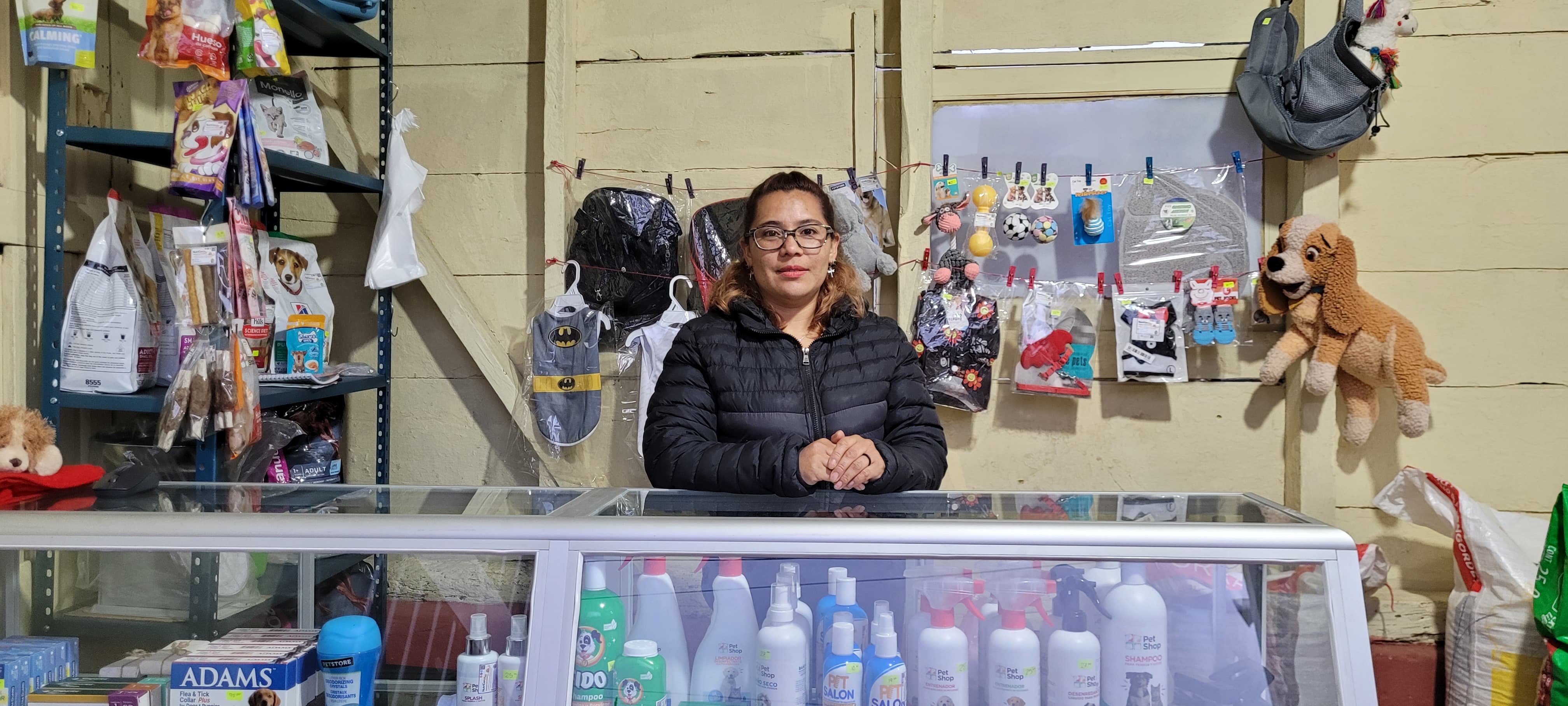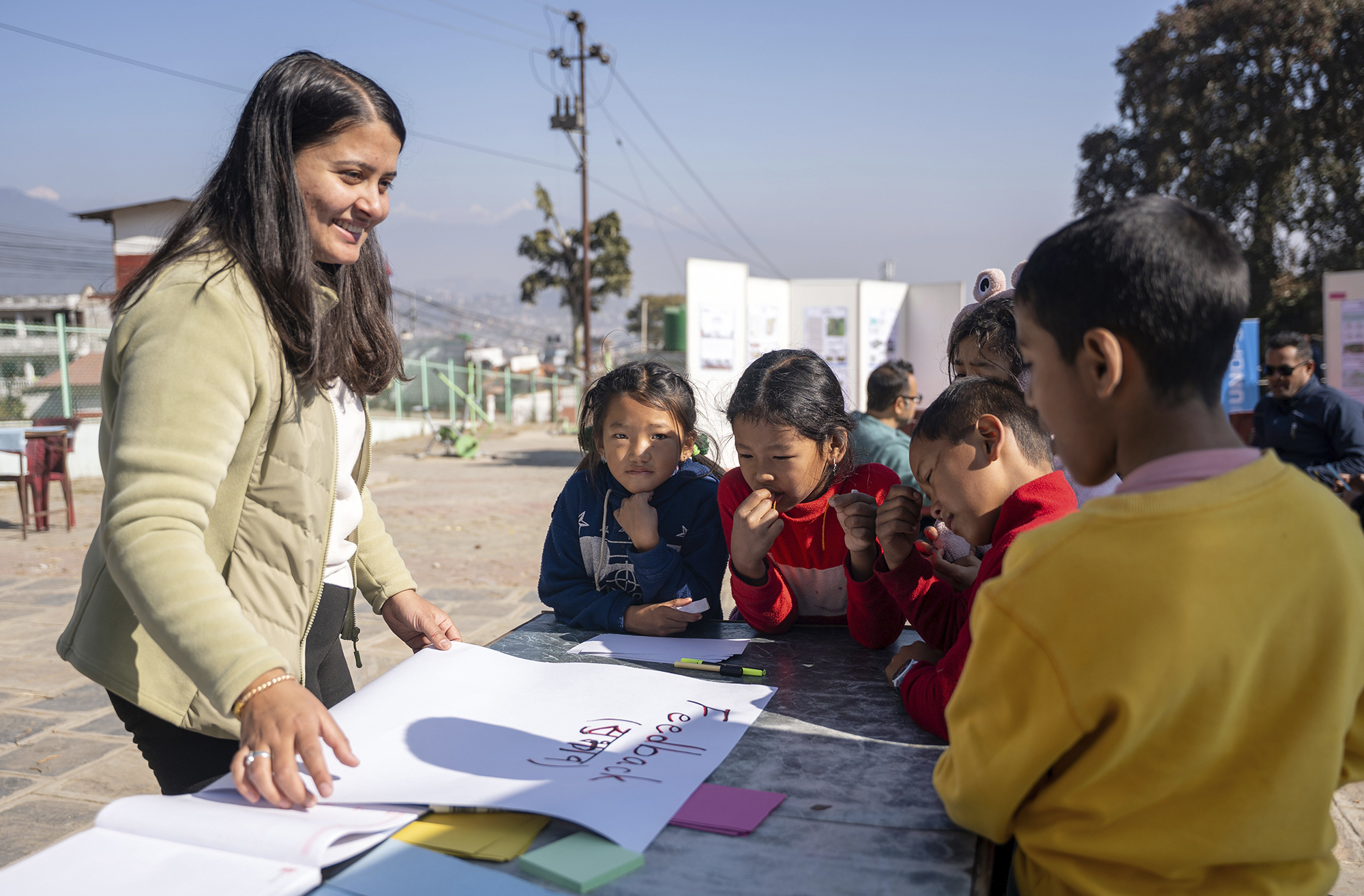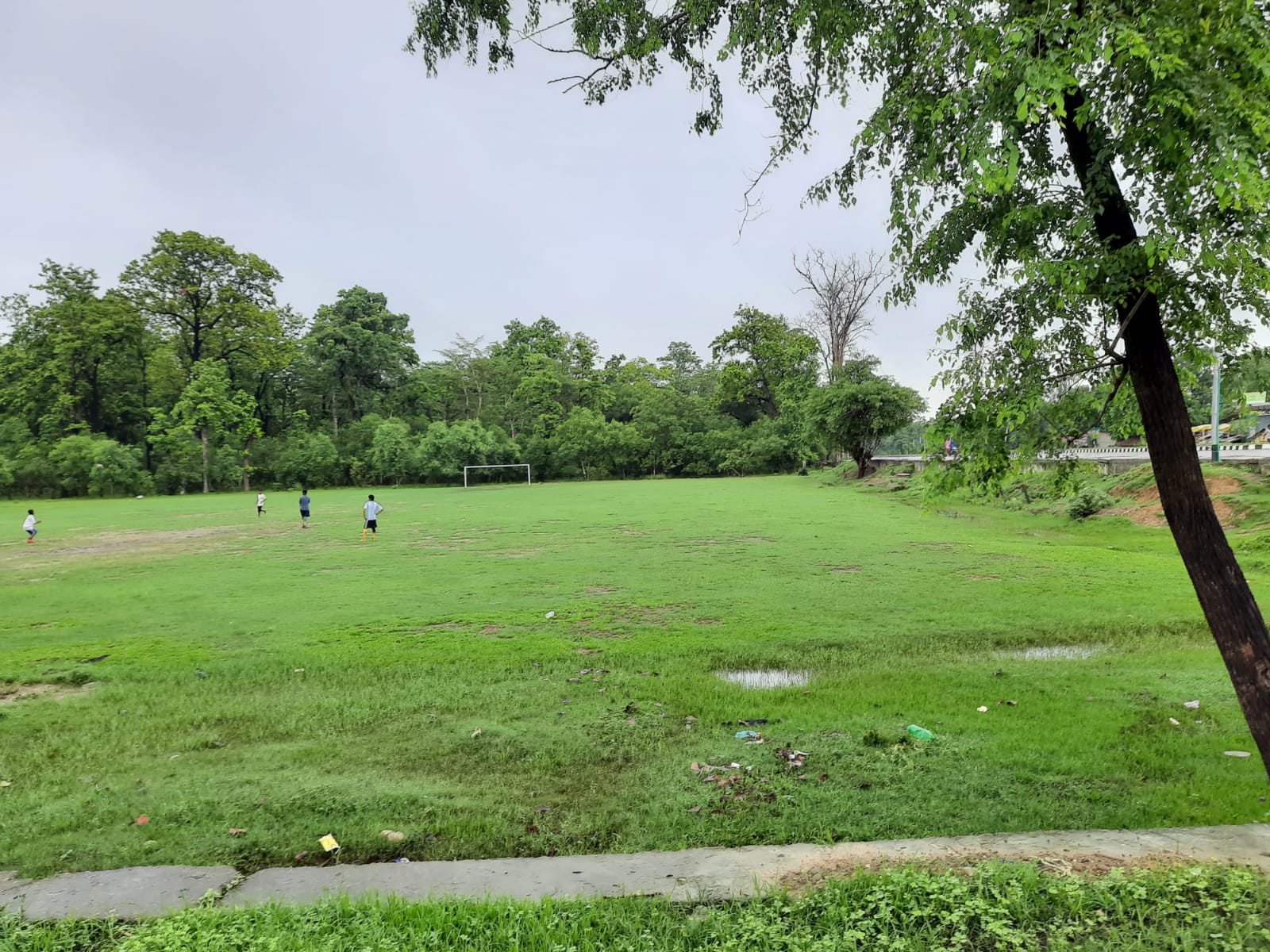By Dr Susan M. Blaustein, Executive Director of WomenStrong International
By now it is widely understood that women across the globe are disproportionately burdened by the impacts of climate change. The intersection between women and planetary warming is a story of in-migration — of extreme heat and storms, resulting in drought, forest fires, floods, and tsunamis, leading in turn to failed harvests, fishing grounds, and livelihoods, and to the relentless movement of women and families into cities, where, by 2050, two-thirds of the world will live.
Climate change impacts are worsening quickly. With glaciers receding, rainforests ravaged, our soils and seas depleted, and populations uprooted, conflict becomes more likely, land and housing pressures intensify, and access to health care, clean water, energy, sanitation, and other public goods becomes less reliable. Each new climate emergency, and the concomitant pressure of the newly displaced on the local population, multiply the threats to frontline urban communities, from hunger to disease to blackouts to heightened crime, all as the planet warms.
In most of the world, women are charged with caregiving -- for their children, their husbands, their elders, and those living with disabilities -- making far more difficult the challenges of coping, moving, resettling, and finding their way in unfamiliar urban settings.
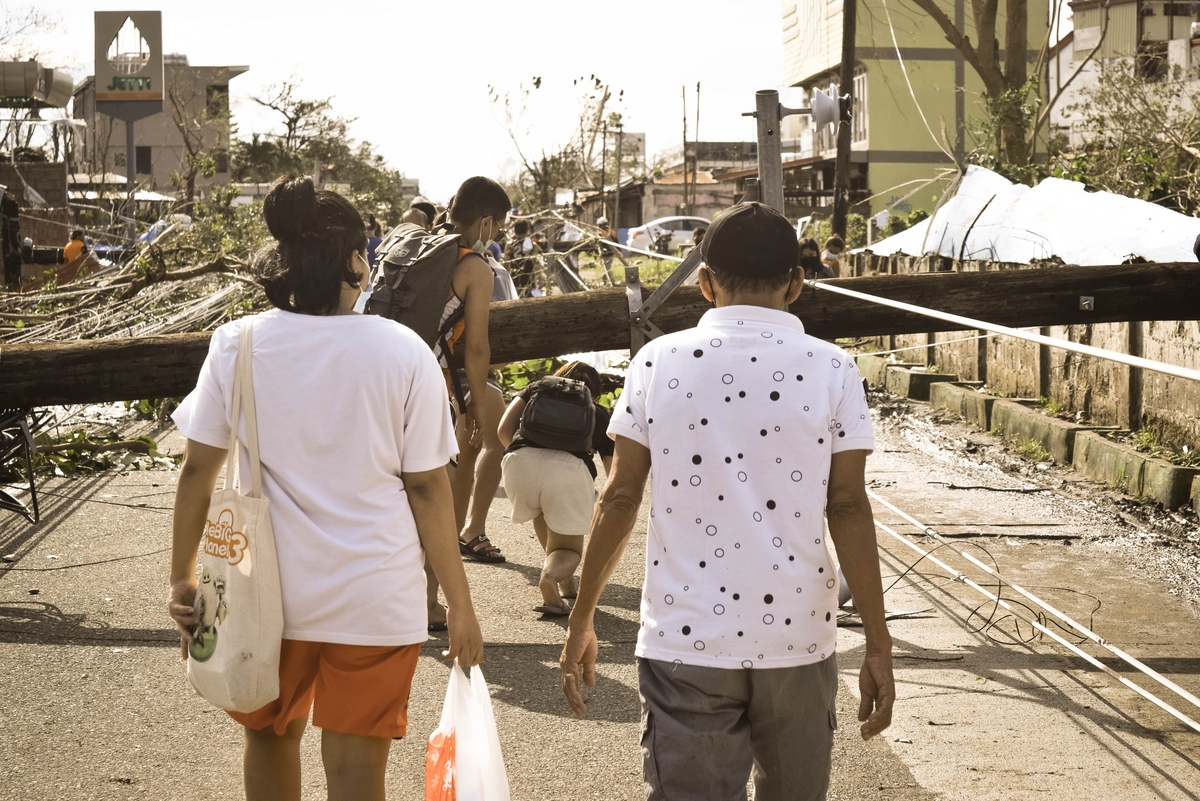
What is the international community doing to create a gender-inclusive, efficacious, and just approach to addressing climate mitigation, adaptation, and disaster response?
At my own organization, WomenStrong International, we have witnessed the critical importance of the expertise and experience of women-led grassroots urban organizations in preparing for and responding to disasters. From Madurai, India, to Kisumu, Kenya, to La Paz, Mexico, to Brooklyn, NY, our grantee partners’ intimate knowledge of their communities -- knowing where the elderly, infirm, and expectant mothers live, enabling them to evacuate or receive care during an emergency -- has made all the difference in saving lives.
As Cities Alliance’s “Women-Friendly Urban Planning” Toolkit makes clear, urban women’s input and ideas are critical to effectual urban planning and to the design of accessible, inclusive public spaces. The voices and solutions of low-income urban women, rooted in their communities, are equally important to the success of efforts by local governments and international aid agencies, to mitigate, adapt, respond to, and recover from the impacts of climate change.
These women are the best positioned to advise municipal, regional, and national leaders as to those areas previously prone to flooding or power outages, how best to reach and rescue the most vulnerable, which local media and dialects to use in disseminating life-saving information that will resonate with their community, and where to position evacuation routes, water points, relief and childcare centres, emergency health clinics and money-transfer kiosks.
Putting local women at the centre of climate-related disaster preparedness, response, and recovery in cities is essential to the effective, efficient, and equitable approach to which we all aspire.
International humanitarian organizations have come to appreciate the importance of localization of the disaster response. In response to last December’s Super Typhoon Rai/Odette on the island of Palawan, Philippines, the United Nations Office for the Coordination of Humanitarian Affairs (OCHA) quickly issued cash to a local aid organization that, in turn, brought in three additional NGOs experienced in humanitarian response. One of these, WomenStrong partner Roots of Health, moved quickly to train government workers to carry out a household survey and then analyzed the data, to map and understand the needs in affected communities.
As a woman-led organization focused on adolescent sexual and reproductive health, Roots of Health coordinated with local health officials to ensure that women and girls could continue or begin using contraception and/or access prenatal care. Organization leaders added questions to the survey to identify single-parent households, those with pregnant or lactating women and with disabilities. This vital information, which otherwise would have gone uncollected and unknown, enabled them to distribute supplies as needed to pregnant and lactating women and to conduct outreach sessions for adolescents, aware that, as their own earlier pandemic-related research had shown, youth were more at risk of teen pregnancy in single-led families.
Two weeks later, with support from the local chapter of Oxfam, the Roots of Health Youth Team conducted surveys to assess the viability of local markets in the worst-affected areas, enabling aid organizations to decide whether to kickstart the local economy with cash assistance or to continue to bring in food aid. And since the emergency, given the compounded calamity of the pandemic and the storm on the island’s economic pillars of tourism, fishing, and cash crops, Roots of Health coordinated with Oxfam to assess the storm’s gendered consequences, fearing increases in child marriage and trafficking.
Throughout, the Roots of Health media team provided OCHA with firsthand stories, photos, and videos from affected areas, to help the UN raise awareness and funds to address the emergency.
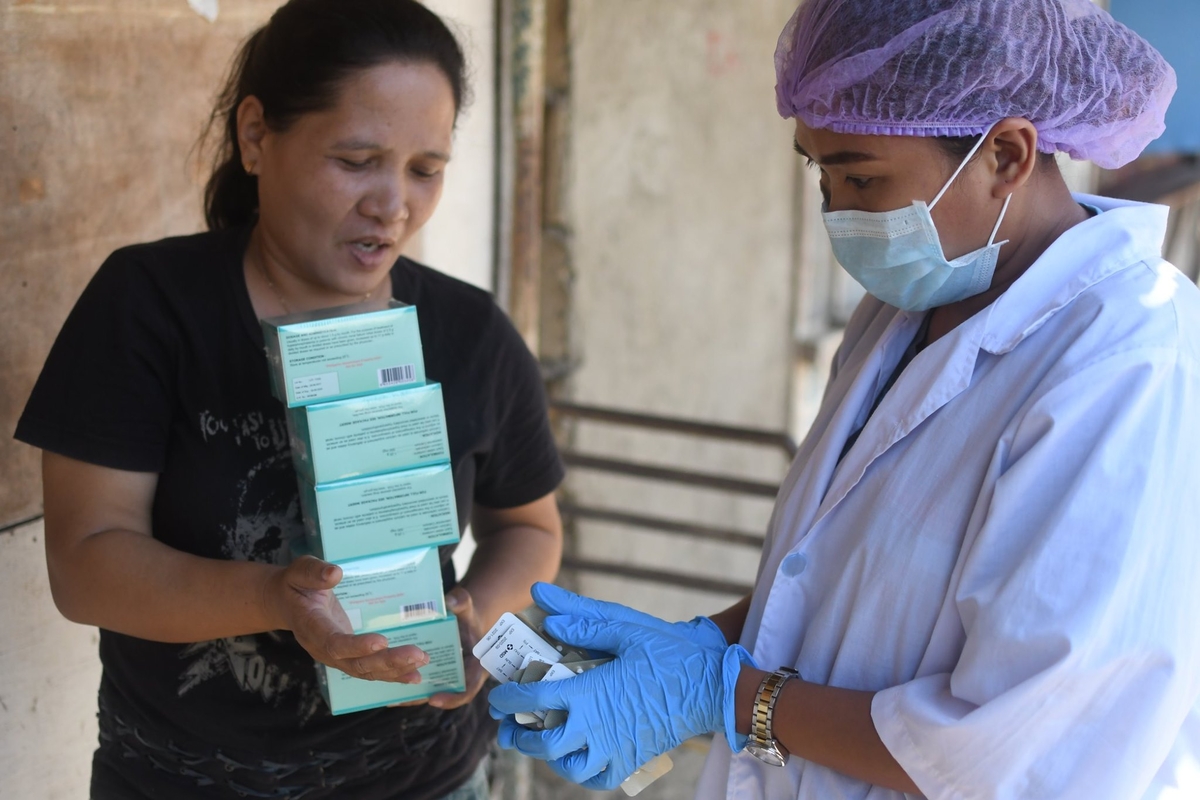
Over the last 30 months, we’ve had ample proof that local women-led organizations hold the keys to keeping their communities safe. When whole nations shut down to contain the Covid-19 pandemic, many WomenStrong partners became emergency humanitarian organizations overnight, swiftly translating and disseminating vital public health information, setting up hotlines to report domestic violence, distributing hotline numbers, sanitary pads, and tips about open clinics and legal services stashed in food packets and making sure the adolescent girls with whom they work were outfitted with phones or other ways to communicate.
Throughout that desperate period, and in the months since these organizations have understood what those in their communities most needed.
As climate change accelerates -- as soaring temperatures and chronic water shortages threaten food security, and extreme flooding results in deadly power outages, sewerage overflows, and deadly disease outbreaks -- we must engage local urban women, and compensate them as the experts they are so that our emergency response can benefit from their wisdom and their deeply grounded local solutions.
Disclaimer: The views expressed in this publication are those of the author and do not reflect the corporate policies or viewpoints of the Cities Alliance Secretariat, its members, or UNOPS.

Dr Susan M. Blaustein



